
Is 'Die Hard' a Christmas movie or just an action film set during the holidays? Fans have debated this for decades, pointing to its festive backdrop, holiday music, and iconic quips, making it a perennial topic of holiday discussions.
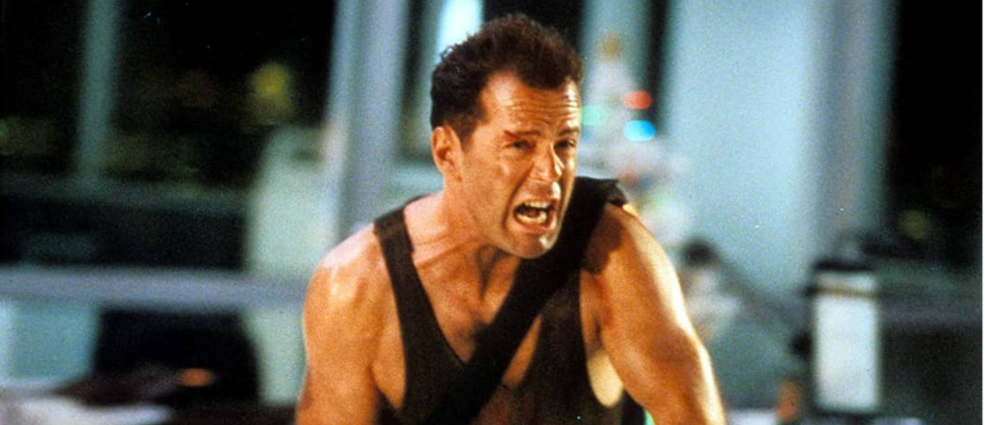
The debate over whether Die Hard qualifies as a Christmas movie has endured for decades, stirring impassioned arguments among film enthusiasts, cultural critics, and casual viewers alike. Released in July 1988, the film stars Bruce Willis as NYPD officer John McClane, who finds himself battling terrorists on Christmas Eve in Los Angeles at a holiday office party hosted by the Nakatomi Corporation. Its unique combination of high-octane action and a distinctly festive backdrop has positioned the film at the center of an ongoing discussion about what truly defines a Christmas movie.
Christmas Setting and Atmosphere
The Christmas Eve setting is one of the film’s most significant elements, as the entirety of the plot unfolds during the company’s holiday party. The halls of Nakatomi Plaza are decked out with Christmas trees, twinkling lights, and garlands, setting a distinctly festive tone. These decorations serve as more than mere background elements — they provide an ironic contrast to the chaos and violence that ensues. For proponents of the “Christmas movie” argument, this setting is essential to the film’s atmosphere, helping to establish a holiday-themed backdrop that anchors the story.
The juxtaposition of yuletide cheer against the intense action sequences is an element that many supporters cite as quintessential to Die Hard’s unique appeal. The holiday atmosphere isn’t just incidental; it permeates the film, creating a sense of irony that enhances the story. The tension between the holiday setting and the high-stakes drama arguably elevates Die Hard beyond a traditional action film, making Christmas an integral part of its DNA.
See the hilarious Philomena Cunk give her excellent reasoning:
The debate over Die Hard being a Christmas movie is as old as time itself.
— Ted Corcoran (RedTRaccoon) (@RedTRaccoon) December 24, 2023
Philomena Cunk makes the best argument I've heard for it being a Christmas movie.pic.twitter.com/UfmPIKGdDO
Soundtrack Featuring Christmas Music
One of the most persuasive arguments in favor of Die Hard as a Christmas movie is its use of music. The film opens with Run-D.M.C.’s “Christmas in Hollis,” an upbeat holiday track that immediately sets the tone. This is far from the only festive song featured; the closing credits roll to the classic tune of “Let It Snow!” while other moments throughout the film are underscored by variations of “Winter Wonderland” and Beethoven’s “Ode to Joy,” which has been associated with the holiday season in pop culture (Radio Times).
These musical choices are deliberate, as they root the film firmly in a Christmas context. The soundtrack not only complements the action but also reinforces the festive undertones that run throughout the narrative. For many viewers, these musical cues are enough to align Die Hard with more conventional holiday classics (PEOPLE).
Themes of Family and Redemption
At its heart, Die Hard is more than just an action-packed thriller — it’s a story about family and reconciliation. John McClane travels to Los Angeles to visit his estranged wife, Holly, and their children, hoping to repair their fractured relationship during the holidays. The film’s emotional core revolves around McClane’s determination to protect Holly and, by extension, his family.
This focus on family ties and personal redemption is a hallmark of many Christmas movies. Classic holiday films like It’s a Wonderful Life and Home Alone explore similar themes, using the Christmas season as a backdrop for stories of personal growth, forgiveness, and love. While Die Hard takes a more explosive approach to these themes, the underlying message is comparable, reinforcing its place in the holiday genre (Scotsman).
However, this grandmother thinks it is a Christmas movie despite the arguments made:
Tis The Season 🎄🎅 And here once again the debate rages on…
— ❤️🔥 𝓓𝓪𝓻 ❤️🔥 (@DameScorpio) December 4, 2024
IS 🎥 Die Hard 🎥 a Christmas movie 🍿 🤔
Granny says… 😉 pic.twitter.com/iEip4Yt5F7
Use of Christmas Imagery and Dialogue
Die Hard doesn’t shy away from incorporating Christmas imagery and dialogue into its story. The film is peppered with holiday-themed moments, from McClane’s infamous message to the terrorists, “Now I have a machine gun. Ho-ho-ho,” to the presence of gift wrapping and festive decorations scattered throughout the office building. Even minor details, like McClane’s barefoot struggle on shards of glass, take on added resonance when viewed against the backdrop of a season traditionally associated with comfort and joy.
These moments of dark humor and holiday symbolism add layers to the film’s narrative, blending the action genre with the spirit of Christmas in unexpected ways. Supporters argue that these elements are not incidental but are instead integral to the film’s identity, making Christmas an essential part of the story.
Cultural Adoption as a Holiday Tradition
Over the years, Die Hard has become a staple of holiday viewing for many households. Fans often cite it as a refreshing alternative to traditional Christmas movies, appreciating its irreverent take on the season. Annual screenings of the film have become a ritual for some, solidifying its status as a Christmas classic in popular culture. The film’s inclusion in holiday traditions has even extended to pop culture. Merchandise such as Christmas sweaters featuring quotes like “Now I have a machine gun. Ho-ho-ho” and ornaments shaped like Nakatomi Plaza have become increasingly popular, reflecting the growing embrace of Die Hard as a Christmas movie.
Die Hard is one of my favorite movies. Christmas or not. (And yes it's a Christmas movie and that's the hill I will die on.)
— ꧁•⊹٭𝙹𝚘 𝙿𝚘𝚝𝚘𝚌𝚔𝚒 𝙰𝚛𝚝٭⊹•꧂ (@3amart) December 21, 2024
I found these shirts on Amazon!!!!! https://t.co/0cgqvV7oSW pic.twitter.com/VWgadX7qPb
Primary Genre as Action, Not Holiday
Critics of the “Christmas movie” label argue that Die Hard’s primary identity is as an action thriller, not a holiday film. The plot, they contend, could unfold at any time of year without fundamentally altering the story. The Christmas setting, while prominent, is seen as more of a backdrop than a driving force in the narrative.
This distinguishes Die Hard from traditional Christmas movies, which typically center on holiday-specific narratives. Films like A Christmas Carol or The Polar Express are intrinsically tied to Christmas, with plots that revolve around the holiday itself. In contrast, Die Hard focuses on a high-stakes hostage situation, with the Christmas elements serving as window dressing rather than core components of the story (Sean Carlin).
Lack of Traditional Christmas Messages
Unlike conventional Christmas films that emphasize themes of goodwill, generosity, and the holiday spirit, the film revolves around violence, survival, and individual heroism. While there are moments of personal redemption and family unity, these themes are secondary to the film’s action-driven plot. Critics argue that this focus on adrenaline-fueled action and suspense sets the movie apart from other holiday classics. The absence of overtly sentimental messages about the meaning of Christmas leads some to dismiss it as a holiday film (Sean Carlin).
Creator and Actor Intentions
Willis himself has famously declared that Die Hard is not a Christmas movie, referring to it instead as a “Bruce Willis movie.” This sentiment is echoed by some members of the film’s creative team, who have indicated that the Christmas setting was not intended to define the film’s genre.
However, this has done little to sway public opinion, as many fans argue that the creator’s intent is less important than the audience’s interpretation. The enduring debate demonstrates how a film’s legacy can evolve beyond its original intentions, shaped by the ways in which viewers engage with it over time.
Public Opinion and Cultural Impact
Surveys on the topic reveal a divided public. A 2017 YouGov poll in the UK found that only 31% of respondents considered Die Hard a Christmas movie, with younger generations more likely to support the classification. Similarly, a 2018 Morning Consult poll in the U.S. showed that 25% of participants viewed it as a holiday film, with the strongest support coming from those aged 30 to 44 (YouGov).
Despite this divide, Die Hard continues to hold a unique place in holiday pop culture. Its unconventional approach to Christmas storytelling has resonated with audiences, offering a blend of festive cheer and adrenaline-pumping action that appeals to those looking for something different during the holiday season.
The debate has even been referenced in pop culture and television, including this bit in Family Guy:
The question of whether Die Hard is a Christmas movie ultimately boils down to individual interpretation. Its Christmas Eve setting, festive soundtrack, and themes of family and redemption make a compelling case for its inclusion in the holiday genre. At the same time, its identity as an action thriller with a plot that could unfold independently of the holiday season supports the opposing view.
This enduring debate speaks to the subjective nature of film classification and the diverse ways audiences engage with media. Whether viewed as a holiday classic or an iconic action movie, Die Hard remains a cultural touchstone that continues to spark conversations—and annual holiday viewings — decades after its release.
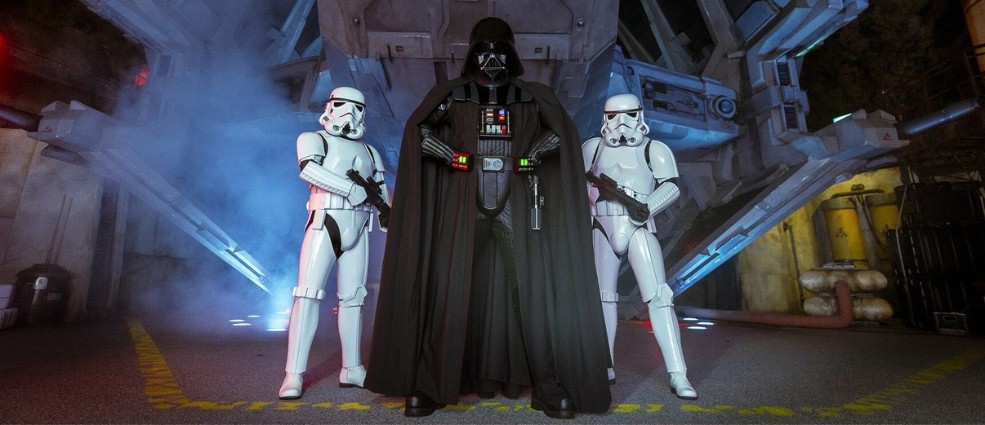

The 'HSM' fandom is turning up...
Read More...
Colleen Hoover's new book dive...
Read More...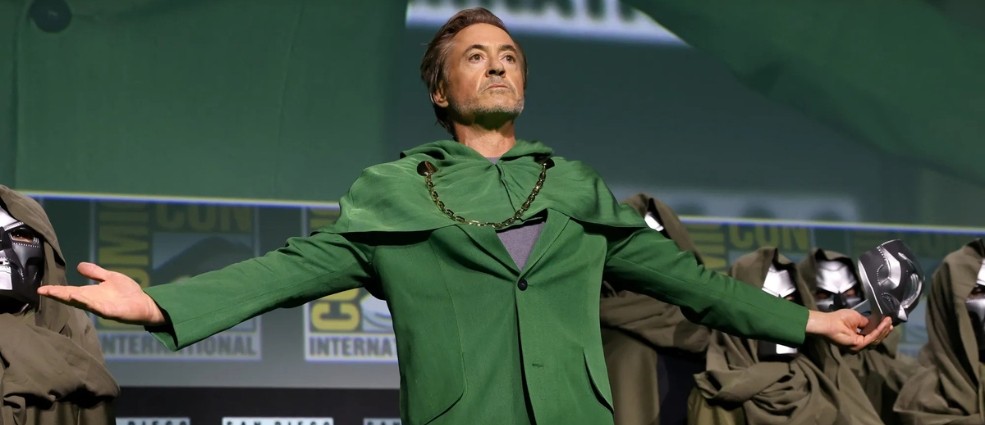
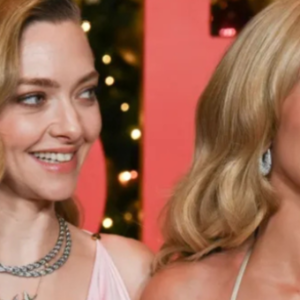
With its sequel confirmed, The...
Read More...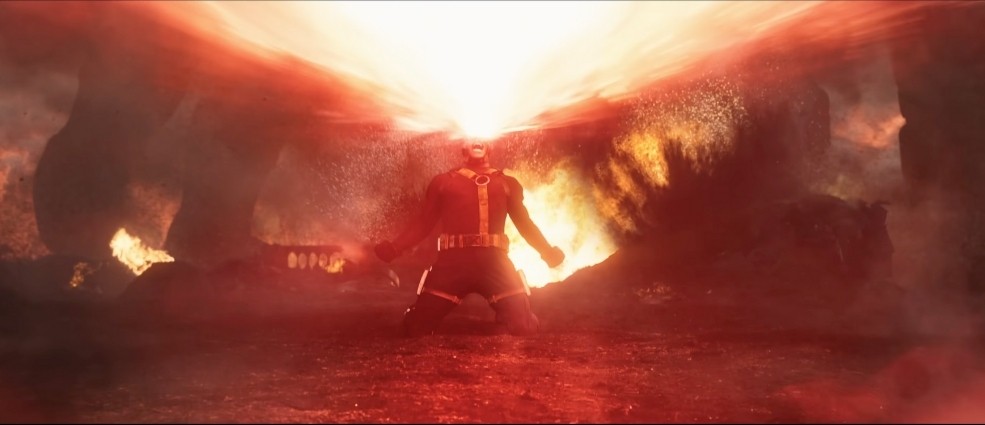
It's the crossover fans have w...
Read More...